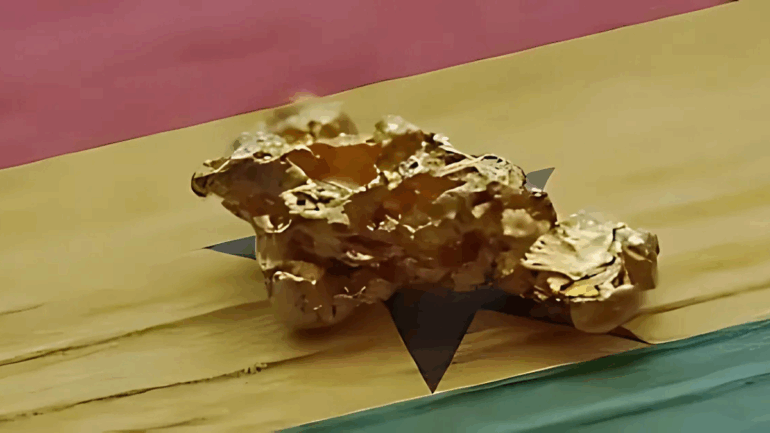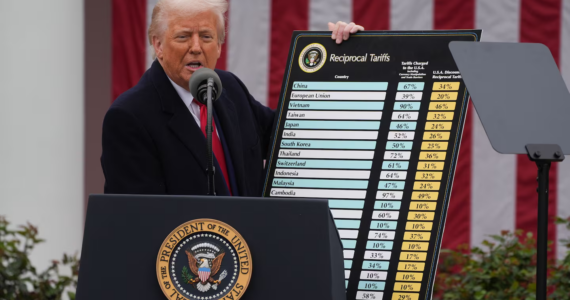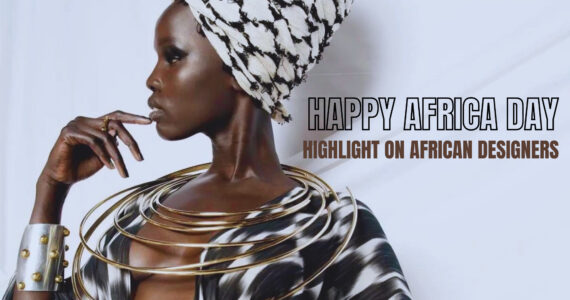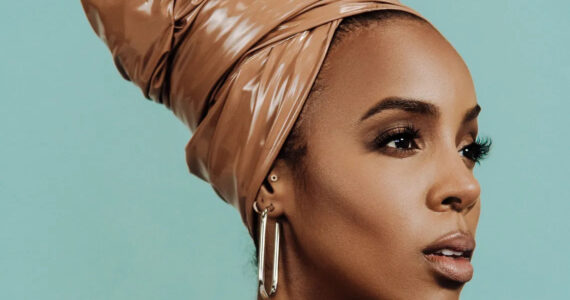Ghana’s sweeping reform to ban foreigners from trading in its local gold market marks more than an economic shift — it’s a powerful signal in a growing continental movement. Across Africa, nations are reasserting control over their land, resources, and economic systems, disrupting decades of foreign dominance and extractive arrangements that trace back to colonialism.
Ghana Reclaiming Economic Sovereignty
In a significant policy shift, Ghana announced that, effective May 1, 2025, all foreigners are banned from trading in its local gold market. Foreign nationals have until April 30, 2025, to exit the gold value chain. After that, only GoldBod, the newly established Ghana Gold Board, will manage local gold transactions. While foreigners are barred from local operations, they may still apply to purchase gold directly from GoldBod.
This move aims to increase national revenue, combat illegal mining activities (known locally as galamsey), and stabilize the country’s economy. Illegal mining has long plagued Ghana with environmental degradation and major losses in potential income. By consolidating all gold trading under one government body, Ghana is strengthening regulatory oversight and ensuring the country’s resources contribute more directly to national development.
This policy shift is especially impactful in Ghana, a country long known as the Gold Coast, where gold is not just a commodity but a symbol of identity and legacy. For centuries, Ghana’s gold attracted foreign exploitation. Now, the government is drawing a line—and redrawing the economic map.
Boosting the Economy, Stabilizing the Cedi
Finance Minister Cassiel Ato Forson emphasized that the establishment of GoldBod is a strategic move to boost Ghana’s foreign exchange reserves and stabilize the local currency. All gold transactions will now be conducted in Ghanaian cedis, using exchange rates set by the Bank of Ghana.
The numbers back the urgency. In 2024 alone, Ghana’s gold exports surged by 53.2%, reaching $11.64 billion, with nearly $5 billion coming from legal small-scale mining. To support this shift, the government has allocated $279 million to GoldBod, which will be used to purchase and export at least three tonnes of gold per week.
This reform doesn’t just address internal issues. It sends a global message: Ghana will no longer serve as a free-for-all marketplace for foreign interest while its communities see minimal return.
A Rising Pan-African Shift
Ghana’s stance is part of a broader Pan-African wave, particularly mirrored in the Sahel region, where Burkina Faso, Mali, and Niger—now united under the Sahel Alliance—are rewriting their post-colonial playbooks.
These nations have rejected French control, exited ECOWAS, and are calling for African solidarity, resource ownership, and new regional trade routes. They are seizing back mines, renegotiating contracts, and empowering local industries. Ghana’s gold policy fits squarely within this ideological pivot: one of sovereignty, self-determination, and economic justice.
Why It Matters for the People of Ghana
For Ghanaians, this isn’t just about gold—it’s about restoring dignity and building generational wealth. It means jobs in the formal sector, reinvestment in infrastructure, and greater environmental protections. For young Africans across the continent, it’s proof that change is possible—that leadership can look inward and build upward.
More broadly, this reform embodies a cultural and political resurgence sweeping Africa. Countries are repatriating stolen artifacts, promoting indigenous languages, and decolonizing education systems. Now, with moves like Ghana’s, they’re also reclaiming their economies.
Africa is rising — not just in population or potential, but in power. Ghana’s gold market reform is a declaration: This belongs to us now. And if other countries follow suit, it may spark a golden era of continental unity, resource equity, and African-led prosperity.
How do you feel about Ghana’s reform and Africa’s growing movement toward sovereignty? Drop your thoughts below.
Follow MEFeater on Twitter, Instagram, Facebook, and Pinterest for more global news and updates.









